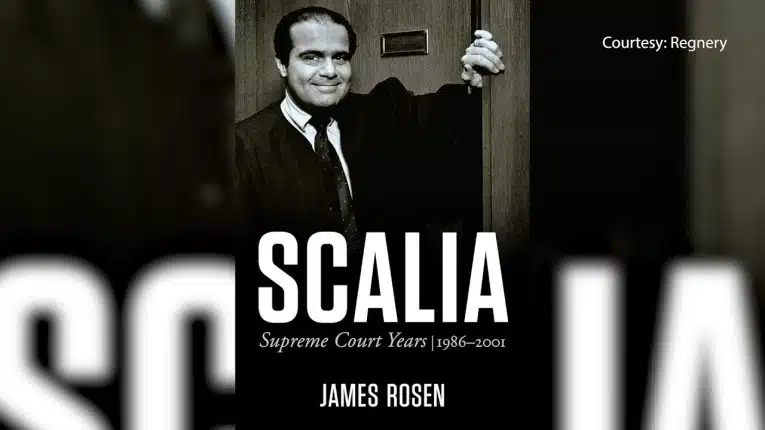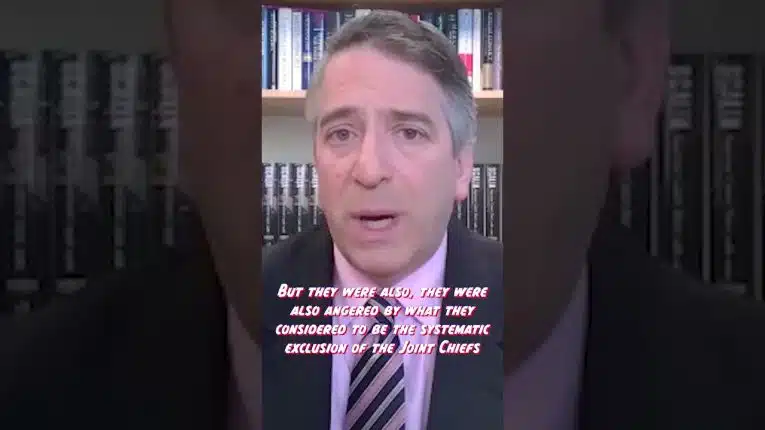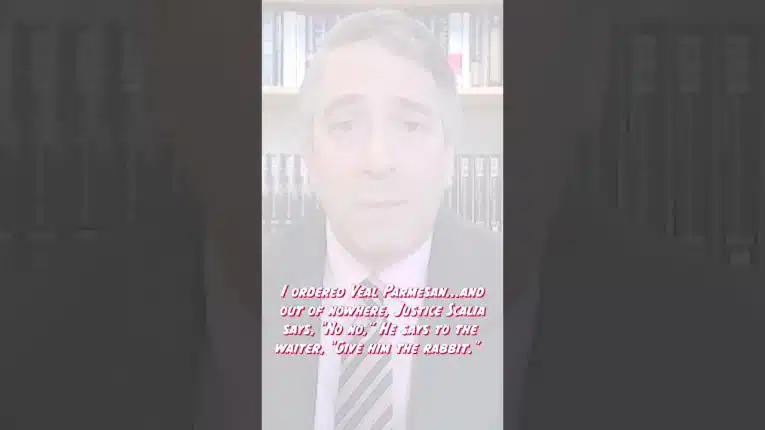
UPDATE, Aug. 21, 2023: Republican Governors were definitely aware of the Medicaid expansion, even if they were not making much of a public case about it to their constituents. In a Dec. 19, 2022 letter from 25 Republican governors urging President Joe Biden to end the public health emergency, they stated, “The PHE is negatively affecting states, primarily by artificially growing our population covered under Medicaid (both traditional and expanded populations), regardless of whether individuals continue to be eligible under the program. While the enhanced federal match provides some assistance to blunt the increasing costs due to higher enrollment numbers in our Medicaid programs, states are required to increase our non-federal match to adequately cover all enrollees and cannot disenroll members from the program unless they do so voluntarily. Making the situation worse, we know that a considerable number of individuals have returned to employer sponsored coverage or are receiving coverage through the individual market, and yet states still must still account and pay for their Medicaid enrollment in our non-federal share. This is costing states hundreds of millions of dollars.”
Since Feb. 2020, thanks to the “continuous enrollment” in the Families First Coronavirus Response Act, which prohibited states from disenrolling Medicaid patients when they no longer qualify on the basis of income, Medicaid enrollment has skyrocketed by 20.2 million to more than 91 million since Feb. 2020, according to the latest data from the Centers for Medicare and Medicaid Services (CMS) compiled by the Kaiser Family Foundation.
The mechanism for the expansion was temporary Covid unemployment, when 25 million jobs were lost in the blink of an eye, resulting in lapses in private insurance. When patients got Covid and went to the hospital and other medical providers, this resulted in automatic enrollment so providers could get paid.
The largest increases came from California (2.3 million), Texas (1.5 million), New York (1.3 million) and Florida (1.2 million). With 2.7 million in Texas and Florida alone, were Republican governors Greg Abbott and Ron DeSantis ever made aware of this provision? What about state Republican lawmakers?
Reviewing the gubernatorial websites in Texas and Florida, as well as the official Twitter feeds of both governors, I cannot find a single statement either opposing the “continuous enrollment” provision—which left recipients in state Medicaid programs long after they had returned to work—or even acknowledging it or the rapid expansion of their state’s Medicaid programs.
In fact, the 20 million added during the Covid Medicaid expansion was even larger than the expansion that ultimately occurred under the Affordable Care Act from 2010 to 2019, when the number went from 56 million before the Affordable Care Act was passed, to 71 million in 2019. In 2020 the economy tanked, unemployment skyrocketed and Medicaid enrollment exploded.
That would have happened anyway. The consequential provision was the “continuous enrollment” that prohibited states like Texas and Florida from recertifying patients’ income as was required under prior law.
How is that possible? Maybe someone should ask them. I personally only discovered it when I learned of the disenrollments that are set to begin after March 31 thanks to a provision in the $1.7 trillion omnibus spending bill.
And yet the federal government wasn’t hiding it. Centers for Medicare and Medicaid Services were publishing Medicaid enrollment snapshots under the provision dating back to June 2020.
A Jan. 19 piece from Orlando Sentinel appears to show Florida State House Republicans were similarly not made aware of Medicaid expansion in Florida until the Medicaid disenrollments began, with House Health & Human Services Chairman Randy Fine, (R-Brevard County) stating after being briefed in committee: “The federal government during the pandemic said once you are on, it’s like being on the Supreme Court — you can’t get kicked off… And so we have people who qualified at one moment in time but do not qualify today.”
But they weren’t alone. In my prior look at the issue, I couldn’t find a single statement by House or Senate Republicans specifically about the continuous enrollment provision. There was a House Republican Oversight Committee letter about potential improper payments to Medicaid during Covid in Aug. 2021, but with no mention of the program’s expansion. By then, the program had already expanded by 13 million.
The problem appears to be an apparent lack of information and institutional knowledge by Republicans in Congress, legislatures and state governor’s mansions. In the old king’s cabinet in Great Britain, there was the saying that “the king could do no wrong.” That, if something went wrong, it could not be because of his own failures, but because he had been given poor advice. But that might be too charitable in this case.
The data was there to be found, but you had to know to go look for it.
Moreover, Republicans were complaining about many of the other governmental expansions in the health system during Covid. They opposed Medicaid expansion for more than a decade under the Affordable Care Act, and here was a backdoor expansion of socialized medicine that dwarfed the program’s prior expansion.
Are the GOP elected branches so disconnected from the professional, permanent, administrative state that during Covid they appear to have been asleep at the switch?
And now, states will have to come up with plans to begin disenrollment, which the Department of Health and Human Services says could impact up to 15 million recipients, assuming they went back to work and no longer qualify.
What preparations were made to disenroll these patients from Medicaid at the state level? This is a question for all 50 state governors, not simply Republican governors who you think would have opposed this.
The fact is, even the Medicaid disenrollments will tax state public health systems, too, as resources will have to go to tracking down eligibility. The amount of fraud in the disenrollments alone could be gargantuan, as now there is a perverse incentive to conceal income, but red states might have been ready for it — if they knew about it. The question is, did they know?
Robert Romano is the Vice President of Public Policy at Americans for Limited Government Foundation.






